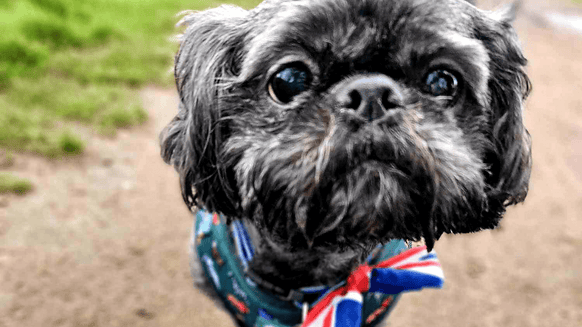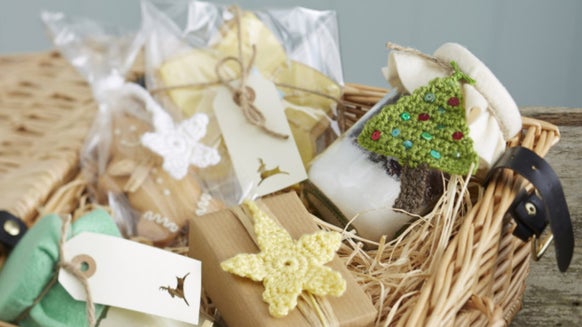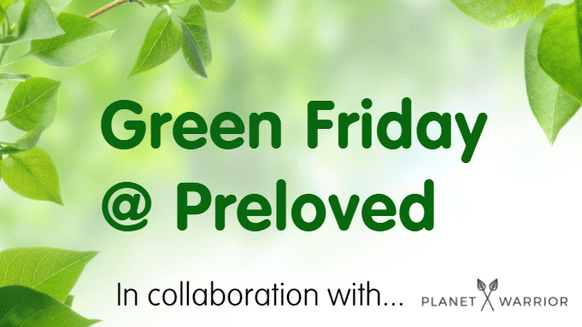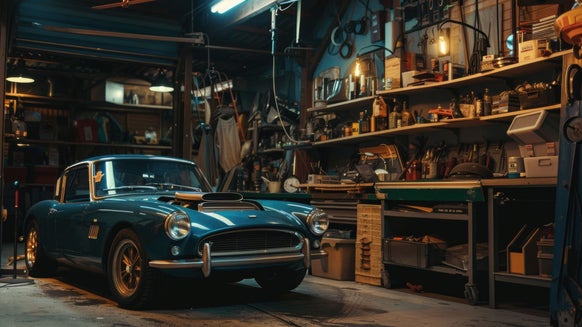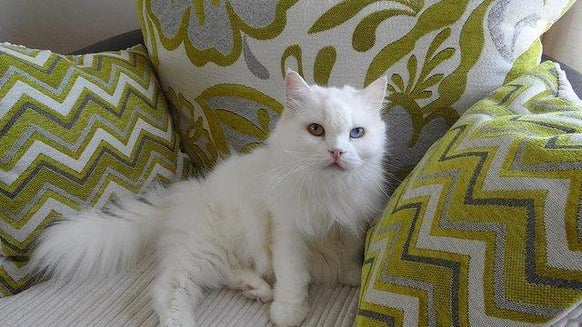Inspiring Recycling Projects around the World
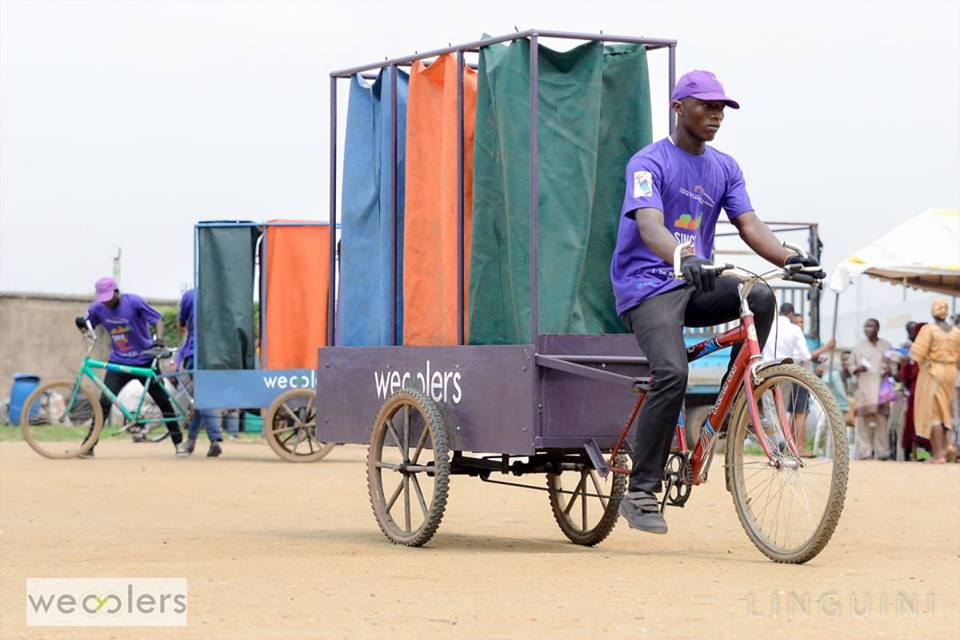
The terms rubbish and recycling have gained centre stage in our society. With a population ever expanding, the current generation is getting increasingly worried about the state of the world they will inherit. However, not everything is lost. The Department for Environment, Food and Rural Affairs in the UK updated a study in August 2016 which highlights the reduction of biodegradable municipal waste sent to landfill since 1995. The EU target is to restrict Biodegradable Municipal Waste landfilled to 35% of the 1995 baseline by 2020; as of 2013, the UK figure was 26% which was significantly lower than the EU target of 50%.
The data from the document looks promising, but there is still a lot to do. Local authorities in the UK do not recycle at the same level across the board, and a lot of food comes to our supermarkets in plastic packaging that cannot be widely recycled. We wondered what other parts of the world were doing to help the environment, and we found some very compelling stories we’d like to share with you today.

United Kingdom
Where does all the food waste go? Biogen is a UK based company that uses bacteria to create clean, renewable energy from food waste. They have 7 operational plants which source food waste from households, food manufacturers, supermarkets, restaurants and hotels, resulting in 250,000 tons of food which would otherwise go to waste and is transformed into electricity and bio-fertiliser. They separate the plastic and cardboard from the organic matter and it goes through a series of digestion processes to liberate the bio-gas, which will in turn be burned in large engines to create electricity. The residual of this process goes on to create biofertilisers which go back to the earth. This process is called Anaerobic Digestion.
Paraguay
Asunción is the capital of this South American country, but just outside of it is Cateura, where our story takes place. This slum town emerged from the rubbish the capital city dumped there and is one of the poorest places on the continent. Around 25,000 families live there, and their lives are dictated solely by rubbish. With hardly any electricity or plumbing and no running water, all Cateura’s residents work as trash pickers, and live with the almost certainty that their children will end up living a life of crime.
Today, however, there is an alternative. Favio Chávez is an environmental engineer who was taken aback when he saw how children lived in this shanty town. He decided the younger generation needed something to look forward to, so he started a music school and called it the Orchestra of Recycled Instruments of Cateura. Buying the instruments new or second hand would be impossible, but the raw material was rubbish. So, thanks to trash worker and carpenter Don Colá Gómez, children were provided with violins, guitars, cellos, and drums. Not only is music brought to the town, but Favio believes it teaches the kids respect and responsibility, they see an alternative life for themselves. After all, who would have thought you could make music from a pile of rubbish? This story teaches us that anything truly is possible.
The world sends us garbage. We send back music.
Netherlands
Dan Hakkens reminds us that only 10% of plastic is recycled, so he wants to provide people with the tools to recycle plastic themselves. He created the project Precious Plastic, and on there he has the designs for a series of machines that turn plastic into new items. He shows whoever is interested how to make clocks and lampshades. According to Hakkens, the big plastic industry prefers to work with new plastic because it is quicker and production is maintained. However, the items to build the machines are easily accessible, and Hakkens hopes that by making the blueprints downloadable, others might take part in reducing and reusing plastic.
Philippines
Over 20% of Manila’s population live in poverty, they are located in slums peppered around the outskirts. The shanty houses do not have electricity and are made in such a way that do not let through any light whatsoever. What do you get when you combine sheet metal and a plastic bottle? Founder of Liter of Light, Illac Díaz used these materials to come up with an ingenious solution. The bottle is filled with water and mixed with a bit of bleach to keep the water clean. Once the bottle is installed on the roof, the sunlight filters through and illuminates a house that had lived in darkness.
The process of making the bottles has brought jobs and money to the region. The money residents save in candles or lanterns is put towards the light bulb, which is as powerful as a 55w bulb. Not only that, but with the money Manila residents save on candles and lanterns during the day, they can invest in a solar lamp for the evenings. Read more about Illac and his vision here.
Japan
With the Olympic Games taking place in Tokyo in 2020, plans have already started for sourcing the medals. Traditionally, mining companies have donated raw materials to the Games, but according to Nikkei Asian Review, this time round materials could come from small consumer electronics. It estimates that in 2014, the recollection of small consumer electronics such as smartphones included 143 kg of gold, 1,556 kg of silver and 1,112 kg of copper. This amount is plenty to produce the medals given that in the London Olympics of 2012 we used 10 kg of gold, 1,210 kg of silver and 700 kg copper.
The country of Japan is aware of the amount of e-waste its population produces, so in 2009 they passed a law which forced companies to recycle home appliances and electronics. Big manufacturers have ended up building their own recycling centres where they dismantle and reprocess unwanted products, but there is still a long way to go as only around 30% of all e-waste in Japan is recycled.
The recycling of e-waste would benefit greatly of this initiative should it proceed and is backed by the Tokyo Olympic and Paralympic organising committee, the Ministry of the Environment and the Tokyo Metropolitan Government.
USA
TerraCycle was founded in 2001 by Tom Szaky. Is it now operating in 20 countries and has launched a number of recycling programmes. The Cigarrette Waste Recycling Programme was launched in 2012 in Canada and was quickly expanded to the US. According to Keep America Beautiful, cigarette butts comprise 38% of all road side litter. TerraCycle assure participants that all the waste collected through the programme will be recycled into a variety of useful plastic products such as plastic lumber and boards that can be used for signage and construction holding. Any remaining tobacco or paper will be recycled as compost. If we take into account that the filters of cigarettes can take 10 years to break down and release toxic chemicals into earth and water, this is one great initiative to get on board with.
Nigeria
Bilikiss Adebiyi founded Wecyclers in 2012. It is a start-up company that works within Lagos with the aim to help communities make the most of their waste. Only 40% of the city’s trash is collected, leaving the rest to accumulate on the streets. Wecyclers use bicycles to collect waste from households in the less urbanised areas, which gets weighed and exchanged for points. Families can then use the points to obtain household items, food or mobile phone minutes.
Low-income homes who subscribe to the service for free (over 3,200 now) get a visit from Wecyclers every week, and these in turn take waste to two hubs facilitated by the Lagos Waste Management Authority. Since its launch, the initiative has collected over 60 tons of waste. Not only that, but it has created jobs, and brands such as Coca Cola and GlaxoSmithKline have funded the rewards.
Do you take part in any initiatives to help the environment share your experiences with us by leaving a comment or tweeting us
.
